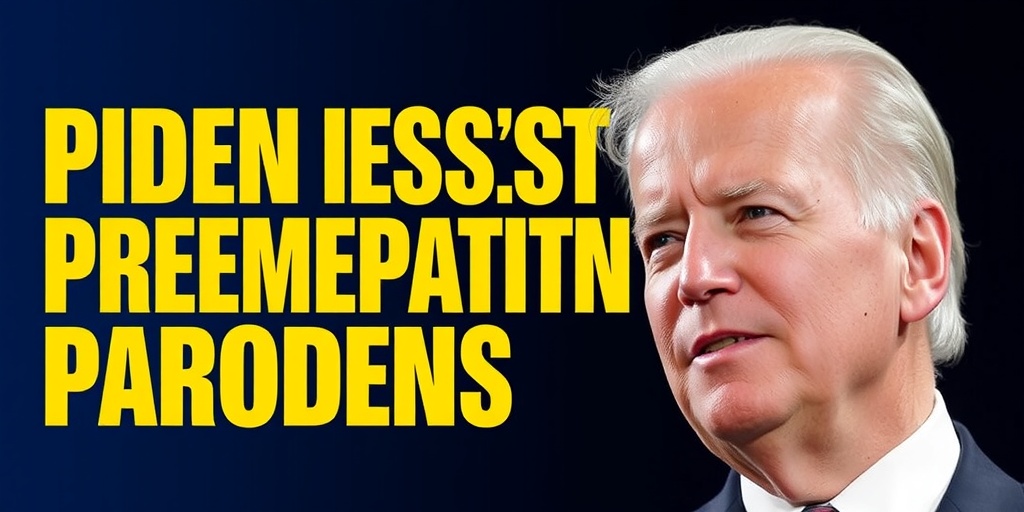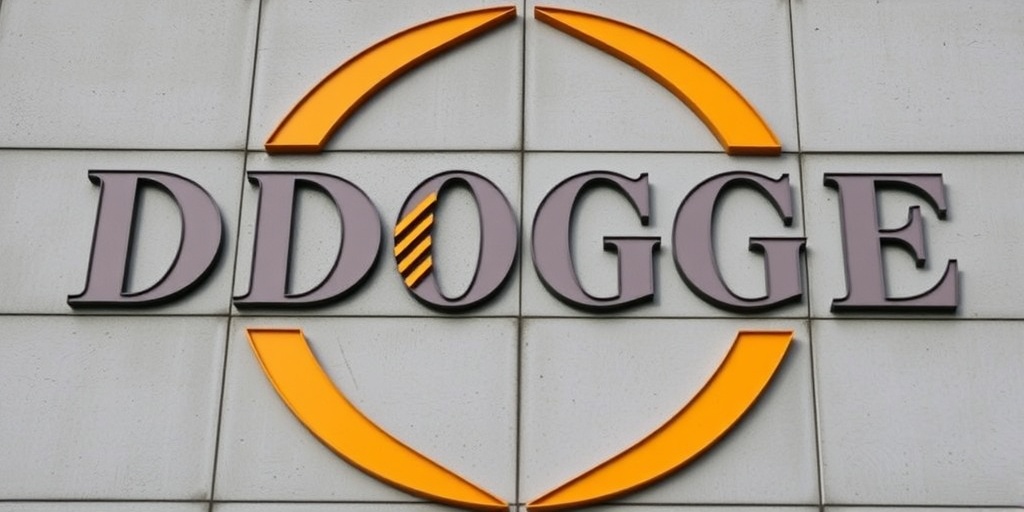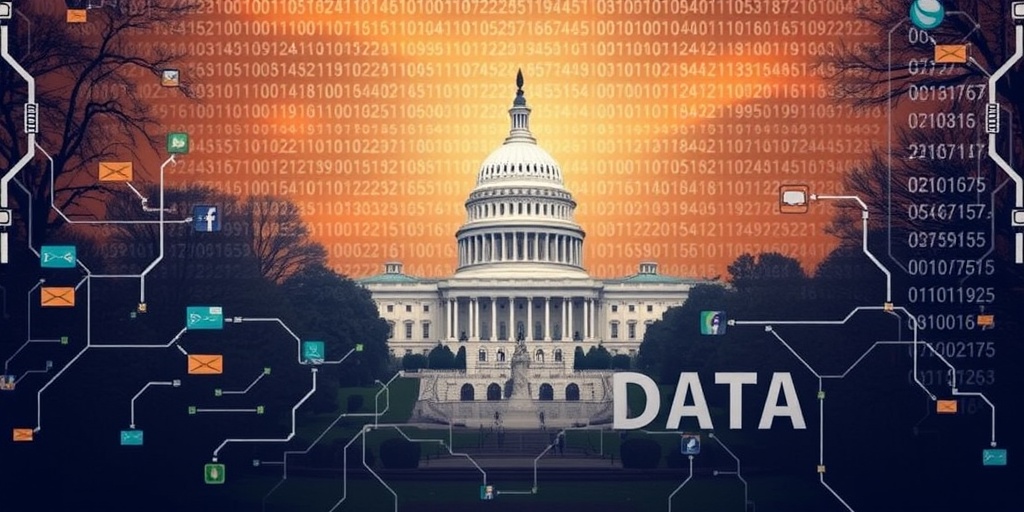Now Reading: Courts Reveal Insights into Musk’s Secret Division
-
01
Courts Reveal Insights into Musk’s Secret Division
Courts Reveal Insights into Musk’s Secret Division

Title: Transparency Challenges Surrounding Musk’s Role in Government Efficiency Initiative
When President Donald Trump signed an executive order enhancing the powers of the newly established Department of Government Efficiency (DOGE), it was accompanied by a pledge for transparency, heavily promoted by entrepreneur Elon Musk. Musk, present in the Oval Office for the signing, touted the initiative as an unprecedented model of openness in government operations. He asserted, “All of our actions are maximally transparent. In fact, I don’t know of a case where an organization has been more transparent than the DOGE organization.”
However, the reality has been starkly different, as federal judges overseeing related lawsuits have expressed growing frustration over the opacity surrounding Musk’s operations. Many details of the work carried out by Musk’s team remain hidden, raising concerns among career civil servants who have been left disoriented by an apparent lack of communication regarding the initiative’s objectives and processes.
Musk’s team, purportedly tasked with identifying and reducing waste in federal operations, has been reported to conduct extensive data gathering across various federal agencies without clear explanation of their activities. Amidst the apprehension, employees are left relying on office gossip and news articles to decipher ongoing developments. In many instances, the identities of Musk’s aides have been closely guarded.
Court documents revealing ongoing legal challenges to Musk’s efforts provide a limited yet vital insight into the activities of his associates. These filings illustrate a tightly controlled operation, wherein groups of a handful of government employees have entered federal agencies, reportedly extracting data to support broader political initiatives. While these filings occasionally shed light on the training and ethical standards adhered to by Musk’s team, they leave critical questions unanswered, frustrating the judges involved.
In some cases, the government has sought to distance Musk from formal accountability by asserting that he is neither the leader nor an employee of the DOGE. Lawyers representing the Trump administration have maintained that Musk’s interventions are routine and that team members have undergone necessary security training to protect sensitive data. However, inconsistencies surfaced when it was acknowledged in one particular case that not all operatives completed their training prior to engaging with sensitive information.
Judges presiding over related cases have struggled to ascertain basic facts about Musk’s staff – specifics like the number of Musk associates assigned to different agencies, their status as federal employees, or the legitimacy of their access requests have often been met with insufficient clarification. In a lawsuit regarding the Education Department’s handling of sensitive student information, a government employee named Adam Ramada identified himself as part of Musk’s team, stating he had been assigned to audit the federal student loan portfolio. Reports suggested at least a dozen individuals linked to Musk have been integrated into the department, pursuing projects including the creation of artificial intelligence tools intended to replace existing customer service systems.
Meanwhile, revelations from court documents indicated that Marko Elez, another Musk associate, was granted limited access to the Treasury Department’s payment systems, highlighting the unclear parameters surrounding data access. In an extraordinary recent declaration, Joshua Fisher, the director of the White House Office of Administration, confirmed that Musk is not the legal head of the DOGE, appearing to aim insulation from potential legal repercussions despite Musk’s public claims of leadership in the initiative.
Despite the ongoing legal scrutiny yielding some degree of clarity, much about Musk’s goals and the people executing them remains clouded. Several key members involved in Musk’s operations within various agencies remain unnamed, and court filings have at times obscured significant information rather than shedding light on overarching objectives.
An example of the ongoing confusion came when Adam Martinez, in a declaration regarding the Consumer Financial Protection Bureau, initially suggested that only one unnamed operative was on-site. Contradicting reports later pointed out at least three members requiring immediate data access related to financial systems.
As the courtroom discussions unfolded, Judge Tanya Chutkan sought direct answers from government attorneys about whether the operations led by Musk indicated a likelihood for impending layoffs within the various federal agencies. Her inquiries reflected a deepening concern regarding the unpredictability surrounding DOGE’s activities, with the judge emphasizing the unclear trajectory of Musk’s influence on agency personnel decisions.
Despite government representatives downplaying the disruptions as part of standard turnover associated with transitions between administrations, the reality hinted at a politically motivated agenda guiding major staff reductions. The tumult surrounding the DOGE initiative has elicited a mixed response from employees, as many navigate an ambiguous landscape that blends operational auditing with a broader political narrative.
As Musk’s operation continues within the federal landscape, the pursuit of clarity regarding its ramifications and objectives remains both crucial and elusive in the face of ongoing legal challenges and persistent uncertainty among federal workers.
Stay Informed With the Latest & Most Important News
Previous Post
Next Post
-
 01New technology breakthrough has everyone talking right now
01New technology breakthrough has everyone talking right now -
 02Unbelievable life hack everyone needs to try today
02Unbelievable life hack everyone needs to try today -
 03Fascinating discovery found buried deep beneath the ocean
03Fascinating discovery found buried deep beneath the ocean -
 04Man invents genius device that solves everyday problems
04Man invents genius device that solves everyday problems -
 05Shocking discovery that changes what we know forever
05Shocking discovery that changes what we know forever -
 06Internet goes wild over celebrity’s unexpected fashion choice
06Internet goes wild over celebrity’s unexpected fashion choice -
 07Rare animal sighting stuns scientists and wildlife lovers
07Rare animal sighting stuns scientists and wildlife lovers





















